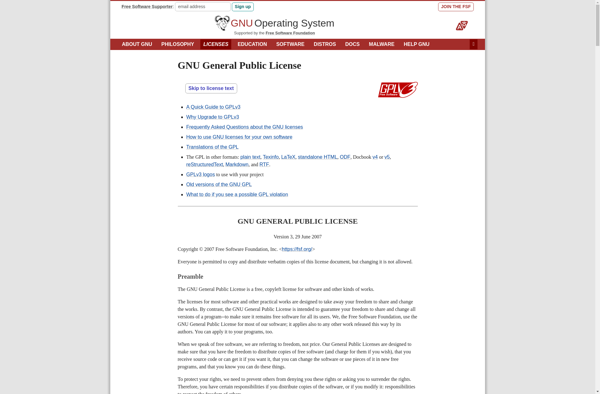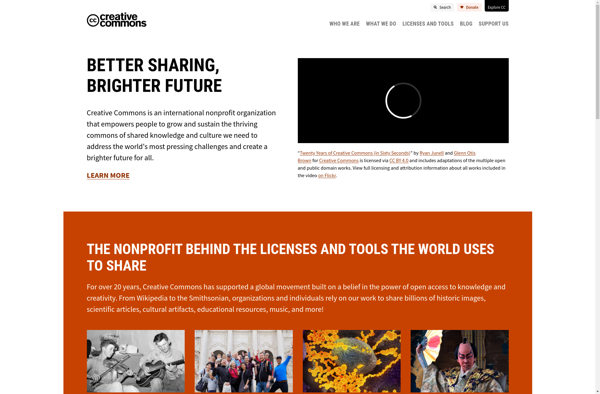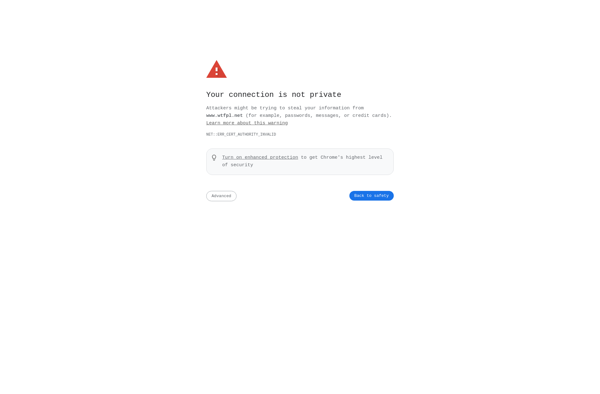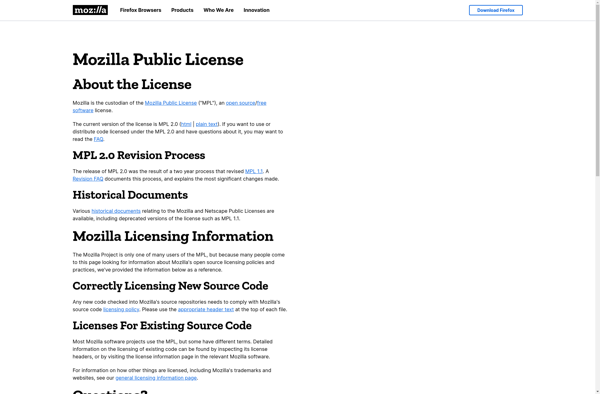GNU General Public License

GNU General Public License: Free Copyleft Software License
The GNU General Public License (GPL) is a free, copyleft license for software. It guarantees end users the freedom to run, study, share and modify the software.
What is GNU General Public License?
The GNU General Public License (GPL) is a widely-used free software license, created by the Free Software Foundation. It guarantees end users the freedoms to use, study, share and modify the software.
The GPL grants the recipients of a computer program the rights of the Free Software Definition. These rights include the freedom to run the program for any purpose, to study and modify the program, and to redistribute copies of either the original or modified program without restriction.
When a program is released under the GPL, not only is the bare code made available, but so is any other software needed to build, run and modify it. This ensures that the software continues to be free in the future when derivative works are created.
The GPL is the most popular free software license in the FOSS (Free and Open Source Software) domain. It is used by most GNU programs as well as a lot of other major free software projects worldwide.
GNU General Public License Features
Features
- Copyleft license
- Source code must be made available
- Modifications must use the same license
- Does not allow additional restrictions
- Compatible with other open source licenses
Pricing
- Open Source
Pros
Cons
Official Links
Reviews & Ratings
Login to ReviewNo reviews yet
Be the first to share your experience with GNU General Public License!
Login to ReviewThe Best GNU General Public License Alternatives
Top Development and Open Source Licenses and other similar apps like GNU General Public License
Here are some alternatives to GNU General Public License:
Suggest an alternative ❐Creative Commons

WTFPL

Mozilla Public License
